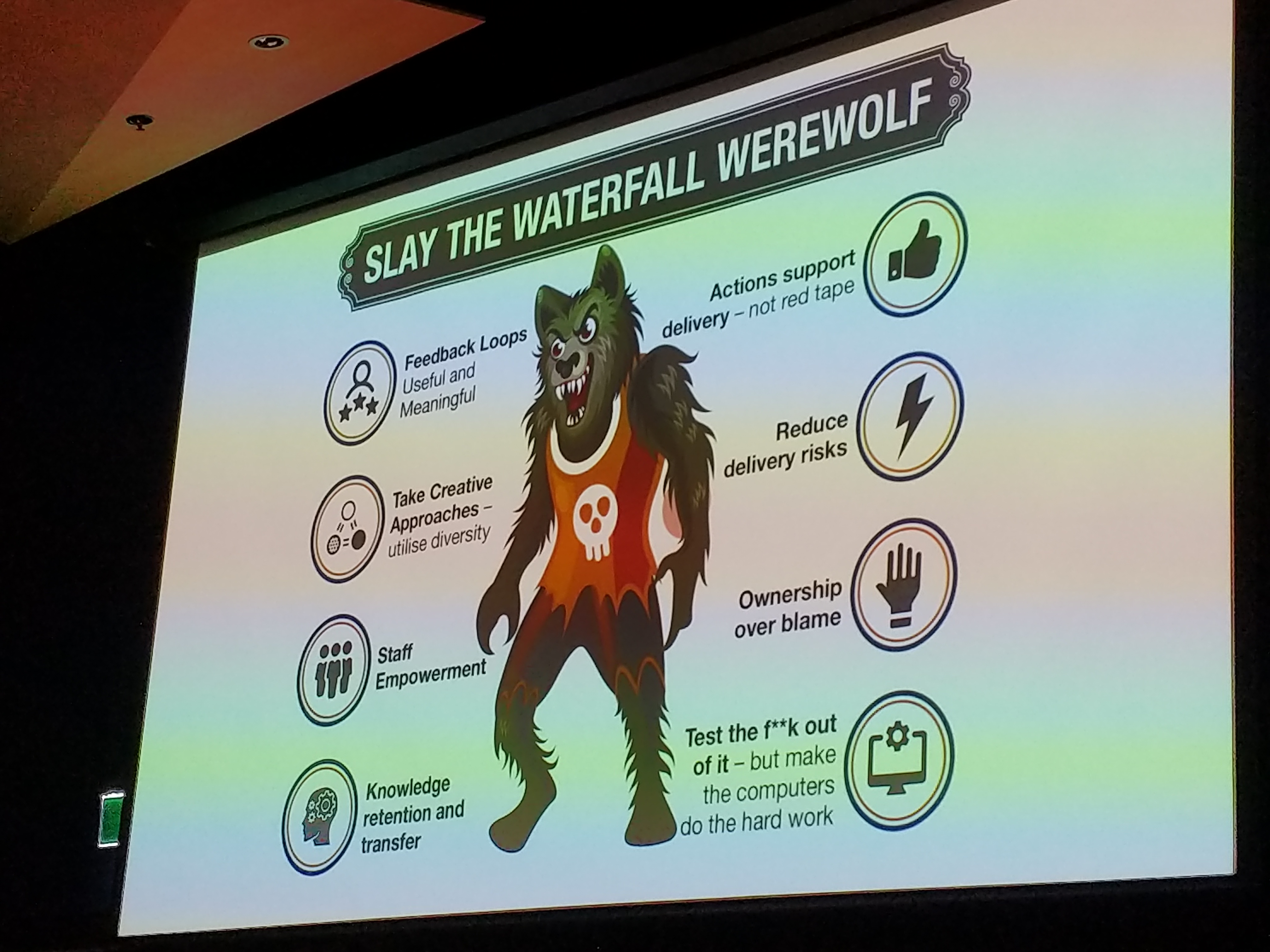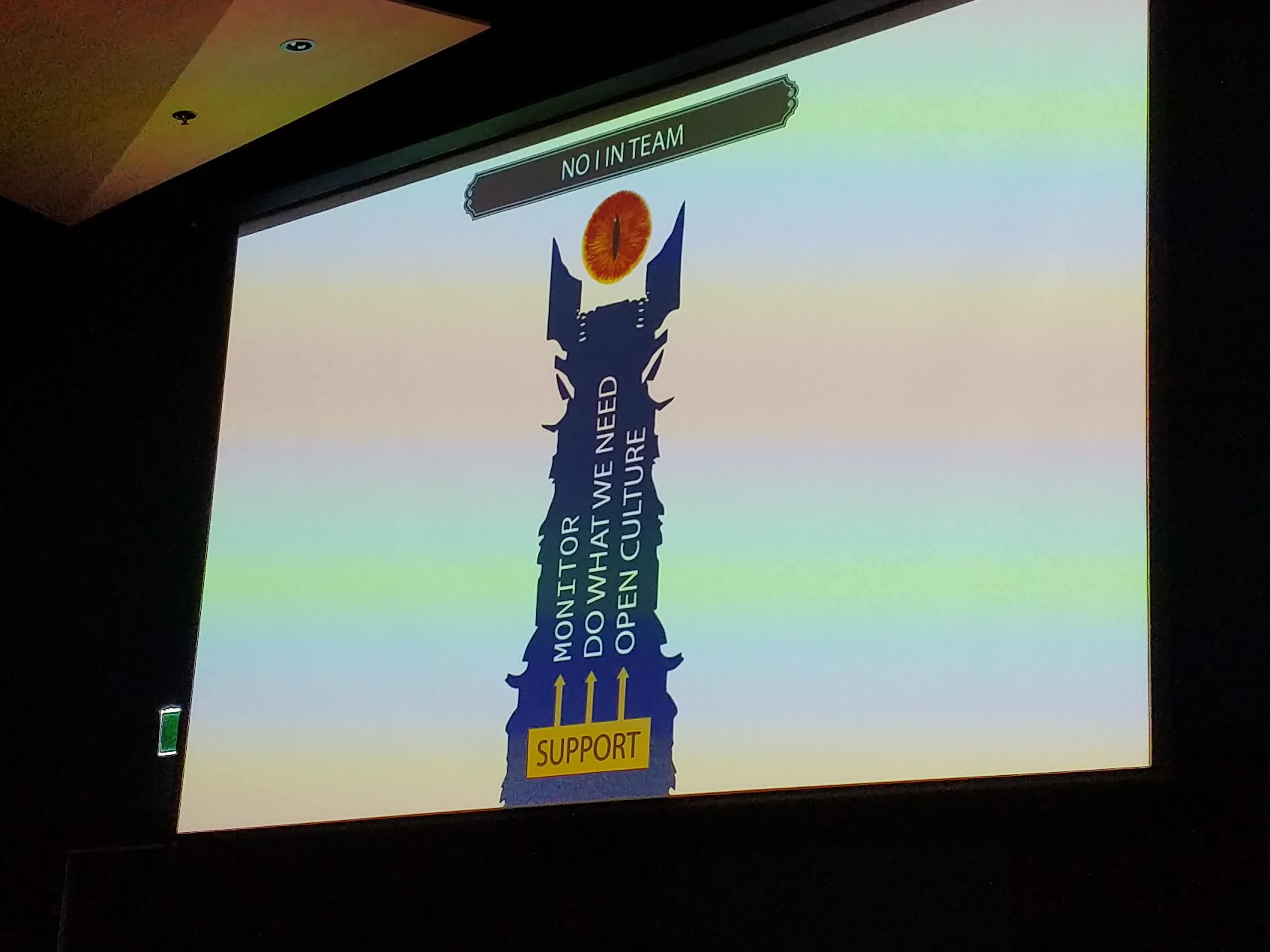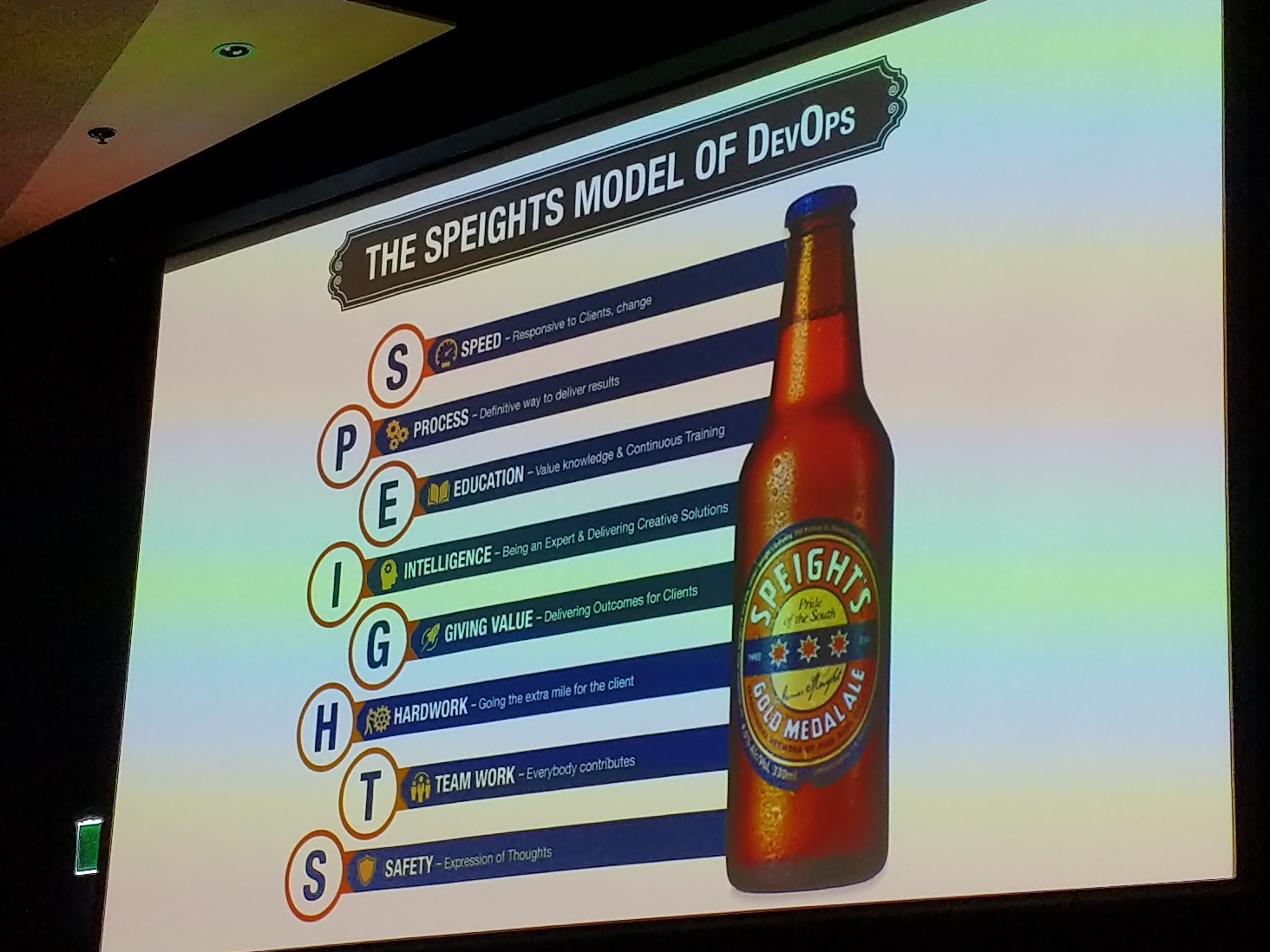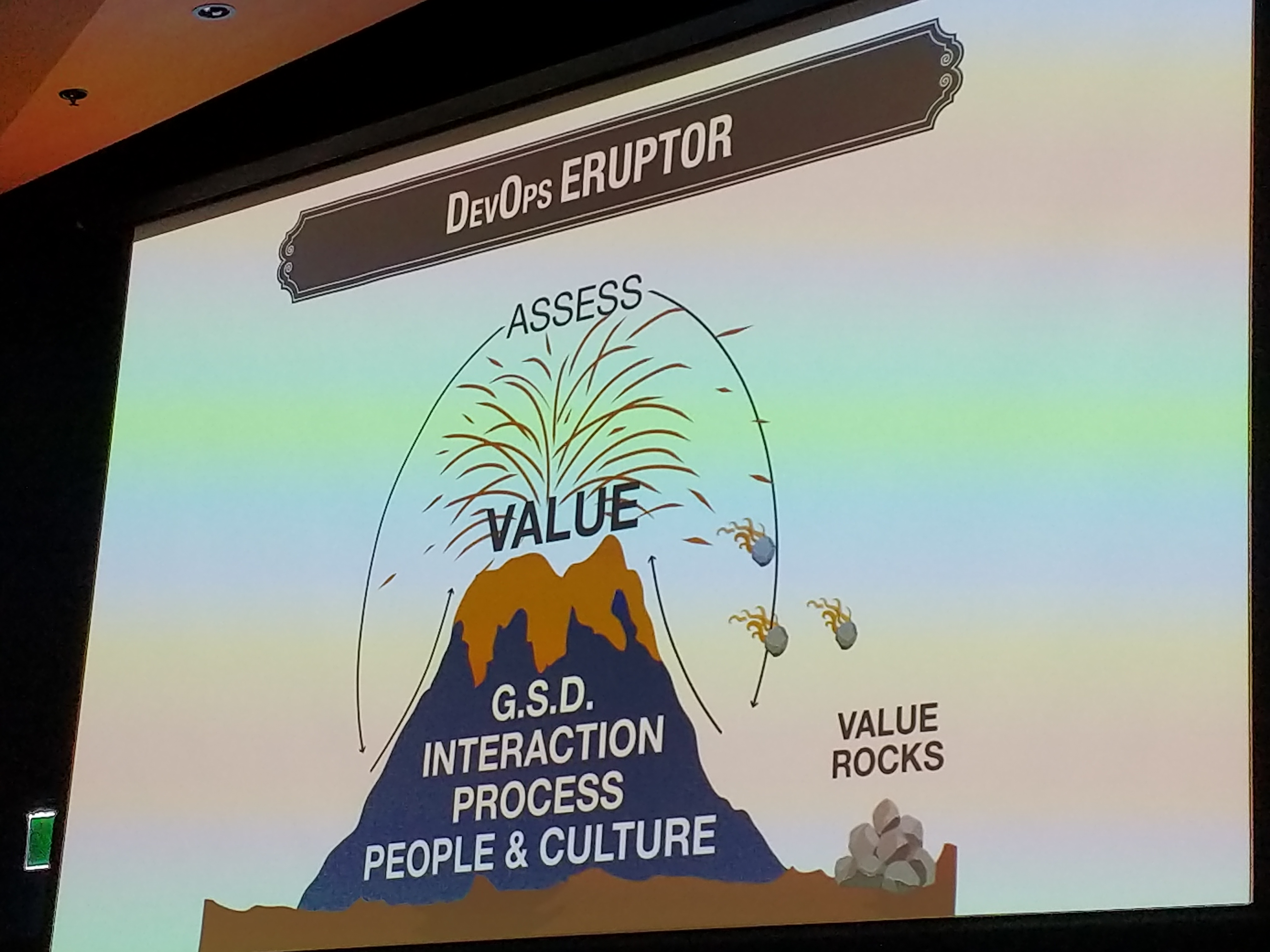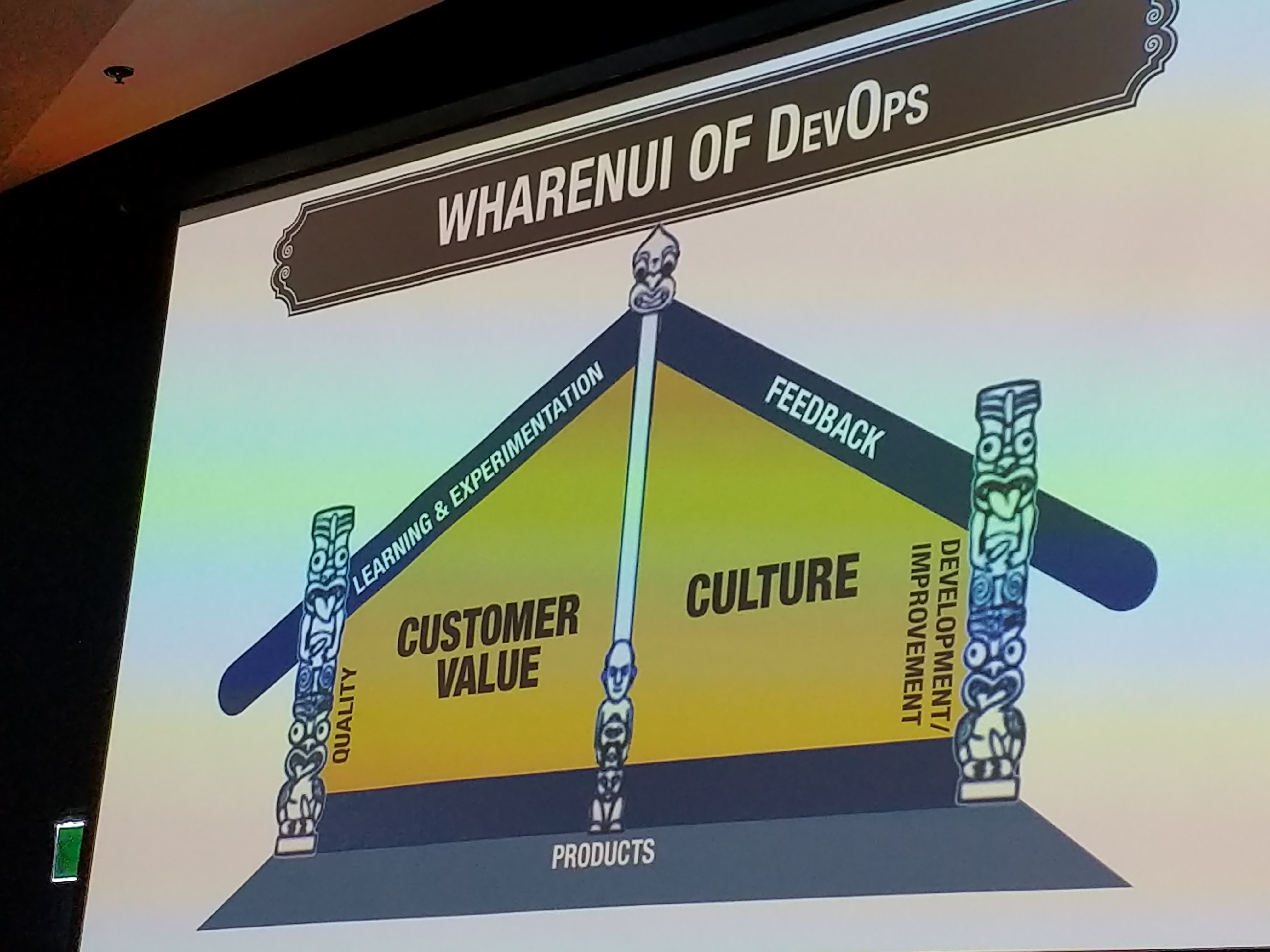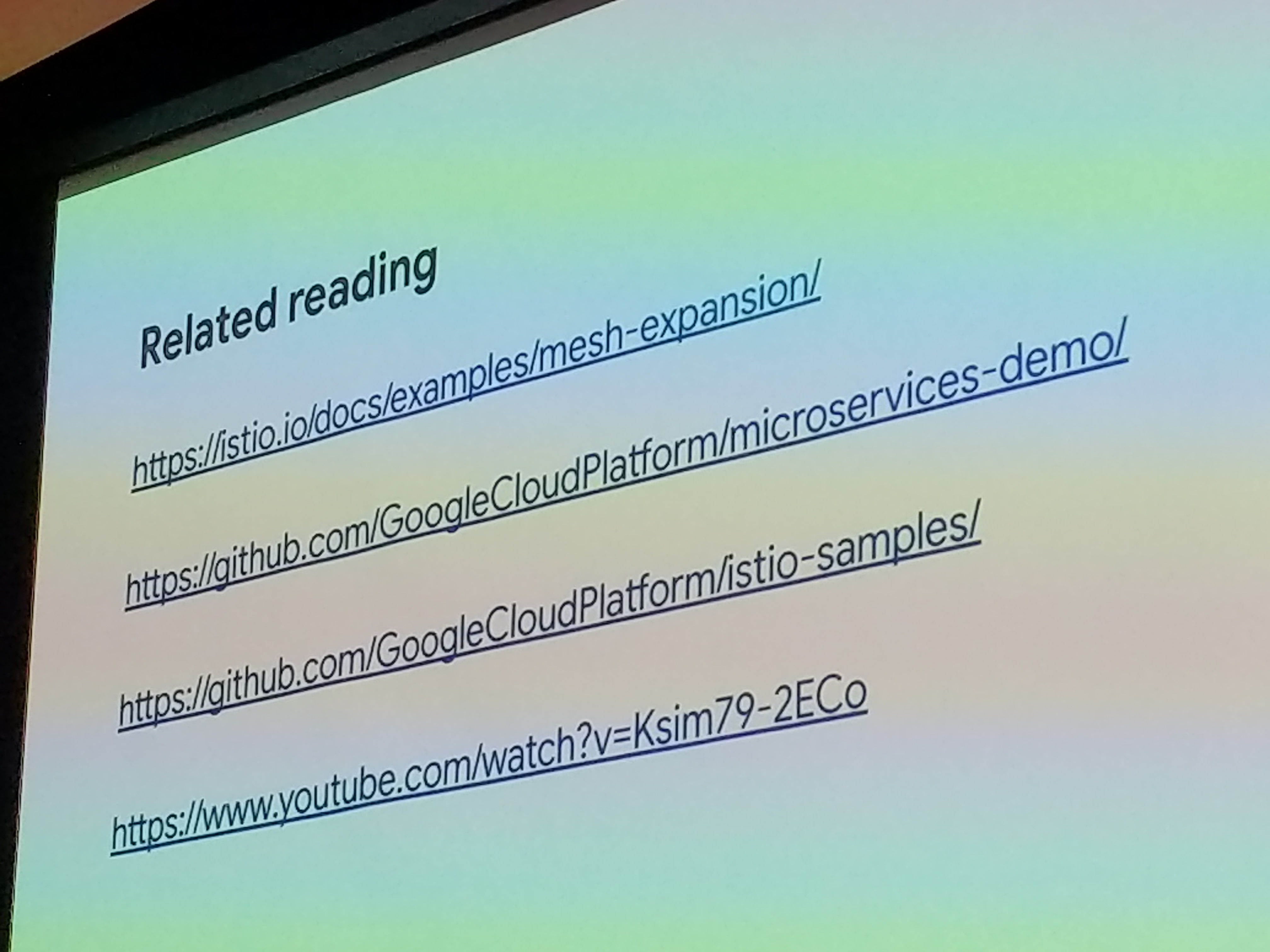Robot Visions by Isaac Asimov
A collection of short Robot stores and very short essays. Lots of classic stories although the essays are mostly forgettable. 7/10
Foreigner by Robert J. Sawyer
An alien counterpart of Sigmund Freud psychoanalyzes her race’s equivalent of Galileo. 3rd in the trilogy. I like it enough. 7/10
In Your Defence: Stories of Life and Law by Sarah Langford
An English Barrister describes 11 cases she has worked on. The lives and cases are mostly tragic but the writing is very compelling. 8/10
The Unthinkable: Who Survives When Disaster Strikes and Why by Amanda Ripley
A wide tour of the various ways people react in disasters for ignoring to freezing. Lots of interesting stories, some investigations into the psychology and some practical advice. 8/10
The Fellowship of the Ring by J.R.R Tolkien. Narrated by Rob Inglis.
The first time I’ve ever listened to this version. Excellent in every way. 10/10
Podcasting: The Ultimate Guide to Record, Produce, and Launch Your Podcast and Build Raving Fans by Martin C. Glover
A quick (40 minutes) intro to podcasting, some do’s and don’ts for perspective podcasters. Worth a listen if you are new to the topic and considering. 6/10
Nothing is real: The Beatles Were Underrated And Other Sweeping Statements About Pop by David Hepworth
A collection of essays, many about the Beatles but covering lots of other Pop-Music topics. A lot of good ones in there. 7/10
Safely to Earth: The Men and Women Who Brought the Astronauts Home by Jack Clemons
A memoir of a engineer who worked on the Shuttle and Apollo programs about his time there and what he worked on including the shuttle software. 7/10
The Two Towers by J.R.R Tolkien. Narrated by Rob Inglis.
10/10
